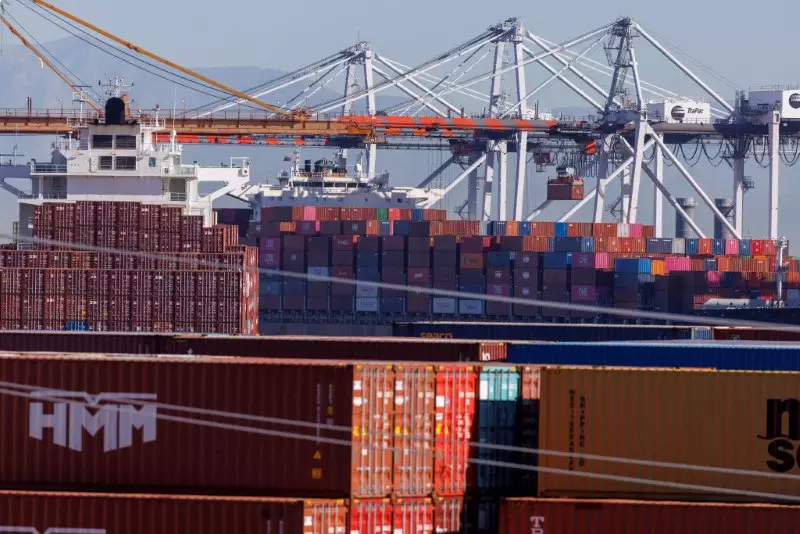As the summer season progresses, retailers in the United States are experiencing a surge in imports, fueled by the need to prepare for potential strikes by port workers and shipping disruptions. Container imports and freight rates have seen a significant increase in July, pointing towards an earlier peak season for the ocean shipping industry, which plays a crucial role in global trade. Companies that deal with toys, home goods, and consumer electronics have been proactive in bringing forward their holiday promotions to cater to customers who are starting their shopping earlier than usual.
Retailers’ Precautionary Measures
According to experts, the rise in imports is not necessarily driven by an increase in consumer spending, which has been affected by inflation and high interest rates. Instead, retailers are taking precautionary measures to avoid any setbacks caused by a potential U.S. port strike and the shortened holiday shopping season this year. The late date of Thanksgiving, falling on November 28, has compressed the peak shopping and delivery period leading up to Christmas Eve, prompting retailers to act swiftly.
Concerns Over Potential Strike
There is growing concern among retailers about a potential strike at U.S. seaports from Maine to Texas beginning on October 1. Talks between the International Longshoremen’s Association and the United States Maritime Alliance have hit a roadblock, raising fears of disruptions in the supply chain. Maersk, a global shipping company, has warned of severe consequences if a strike were to occur, emphasizing the lengthy recovery process and accumulation of backlogs.
The industrial sector has played a significant role in driving U.S. container import growth in the first half of the year, largely due to the looming tariffs on exports from China and other countries. President Joe Biden’s administration has imposed new tariffs on various goods, set to take effect later in the year. The threat of tariffs, both current and potential, has influenced the behavior of companies, with some anticipating a surge in demand ahead of the U.S. election in November.
The trade relationship between the United States and China has become increasingly competitive, regardless of the outcome of the upcoming election. Both countries are engaged in a complex trade dynamic, with tariffs being used as a tool to assert dominance in the global market. Some industry experts believe that the competitive nature of this relationship will persist, irrespective of political changes in either country.
Retailers in the United States are facing a challenging period as they navigate through a summer rush of imports, driven by various factors such as potential strikes, shipping disruptions, and tariff threats. The need to stay ahead of the curve and ensure supply chain resilience has prompted retailers to take proactive measures and expedite their holiday preparations. As the landscape of global trade continues to evolve, retailers must remain vigilant and adaptable to thrive in an increasingly competitive market environment.

